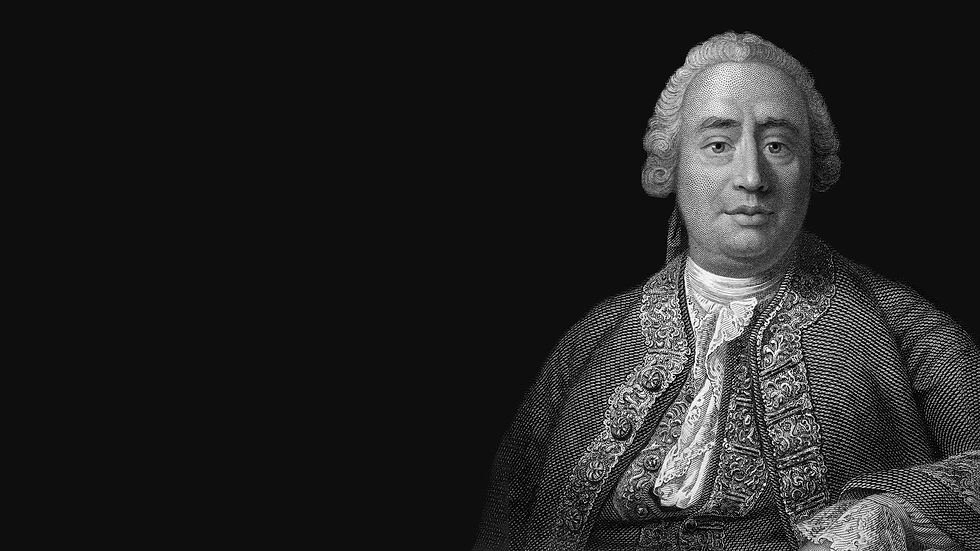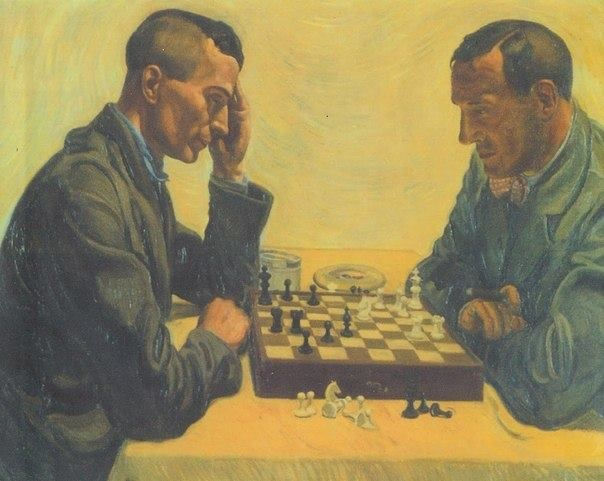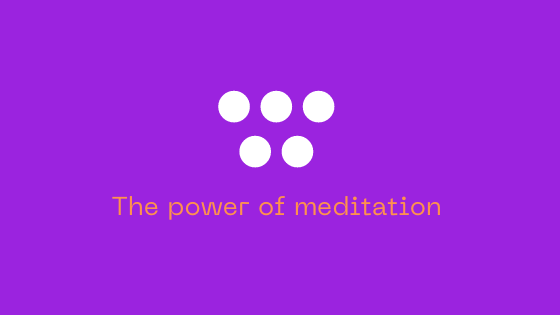Maria del Carmen Elu: Should the democratization of knowledge sacrifice technicality?
- Yazmin T. Montana

- Dec 17, 2022
- 4 min read
Maria del Carmen Elu Cayado, Spanish PhD in social anthropology, focused her research work of sociology on the social and economical development of women in Mexico.
In her book "¿Hacia dónde va la mujer mexicana?: Proyecciones a partir de los datos de una encuesta nacional", published in 1969, she articulated the results of a research she made in Mexico where she interviewed women from all across the country in 1966, regarding topics from their desire to join the workforce as opposed to be homemakers, to their general life satisfaction and personal goals.
She stated this research was representative of the progressive sentiment across Latin America, where both men and women showed a pronounced interest for the progressive ideas towards women joining the workforce, academical spaces and to become a part of the political, social and economical scene of their countries.
By the time of her research, women were an underrepresented group in academia and the workforce, given the conservative ideas that ruled society and the role that women took in conservative circles.
Elu explained the need to close the gap in the academic spaces for women and how the access to specialized education in marginalized groups would be a slow process that could take decades to achieve. Contrary to her prognostic in the 60's, the gap has closed very rapidly in academia.
Although the democratization of knowledge has arguably been the main cause of this phenomenon, the closure of the remaining gap for the inclusion of underrepresented groups in the sciences can become less challenging if citizens educated in the methodologies for production of bodies of work in scientific disciplines aid to turn their specialization into part of common knowledge.
Can sacrificing technicality speed-up the integration of underrepresented groups in specialized fields of science?
In 2006, British mathematician Clive Humby coined the phrase, “Data is the new oil”
Therefore, the technicalities of documentation in computer science come to mind, as we study the possibilities of democratization of knowledge.
An example of the efforts of the ruling economic system into facilitating inclusion of citizens in the world of advanced computing, is the public availability of low code tools.
For instance, the low keyword code regularly comes up in this context. This means "little code" or "little programming," and it is just that: it simplifies the production of software that would otherwise have to be developed at a high cost, both in infrastructure and expertise-wise.
The people who participate in this forward-thinking sort of implementation is referred as "Citizen Developers." Responsibilities and norms are therefore rapidly digitalized and readily available, in the true spirit of democratic knowledge, where these tools can be accessed from any corner of the world.
Even more so, those interested in deepening their knowledge and that feel a responsibility to spread these ideas with their fellowmen, can access education through the internet-based media.
At the end of World War II, Bush, a renewed engineer and science administrator and adviser, argued that scientists needed both public funding and autonomy to perform the research they felt was most valuable.
His proposal for the accessibility to research work implied that the material would undergo peer review, after which the results would be stored in a reservoir of scientific knowledge from which society could draw when needs arose, very much like a modern day library.
Once they passed their work through peer review and published it in a scientific journal, the scientists had met their responsibilities. It was up to society to find the knowledge and apply it.
The proposed model was never supposed to describe how research happens; it was a rhetorical move designed to secure a place (and funding) for researchers to pursue the branch of science they wanted to, safe from societal demands.
Knowledge for all
When bringing these ideas to practice, a question naturally arises: How to educate a society that has been underexposed to formal education?
In the paper "Fluency without fear" , coauthored by Cathy Williams, cofounder of YouCubed, and Amanda Confer, a Stanford graduate student in education, the scholars provide activities for teachers and parents that help students learn math facts at the same time as developing number sense. These include number talks, addition and multiplication activities, and math cards. Importantly, Boaler said, these activities include a focus on the visual representation of number facts. When students connect visual and symbolic representations of numbers, they are using different pathways in the brain, which deepens their learning, as shown by recent brain research. "Math fluency" is often misinterpreted, with an over-emphasis on speed and memorization, she said. "I work with a lot of mathematicians, and one thing I notice about them is that they are not particularly fast with numbers; in fact some of them are rather slow. This is not a bad thing; they are slow because they think deeply and carefully about mathematics."
The answer may as well be: Just like everyone else gets educated, allowing their natural interests and personal conviction towards the way of finding a trascendental calling through the world of ideas.
The democratization of knowledge should not have the implicit condition of simplifying ideas for the new audiences, but on the contrary, to let everyone interested in the sciences to study them with a strict framework that allows to begin their paths towards virtuosity regardless of their background.






Comments